OU News
News from The Open University
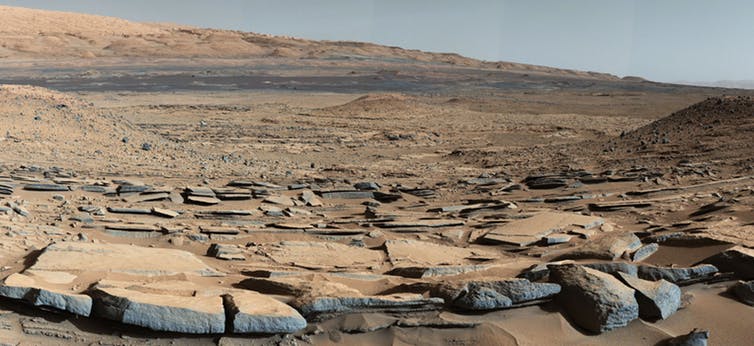
Plan to bring back rocks from Mars is our best bet for finding clues of past life
Sitting with 200 people at the International Mars Sample Return Conference in Berlin recently to discuss the feasibility of bringing samples back from Mars to Earth, I remember the first such conference in Paris ten years ago. Many of the same people were present again, older and possibly wiser, but certainly more grey or bald. […]
Read more about Plan to bring back rocks from Mars is our best bet for finding clues of past life
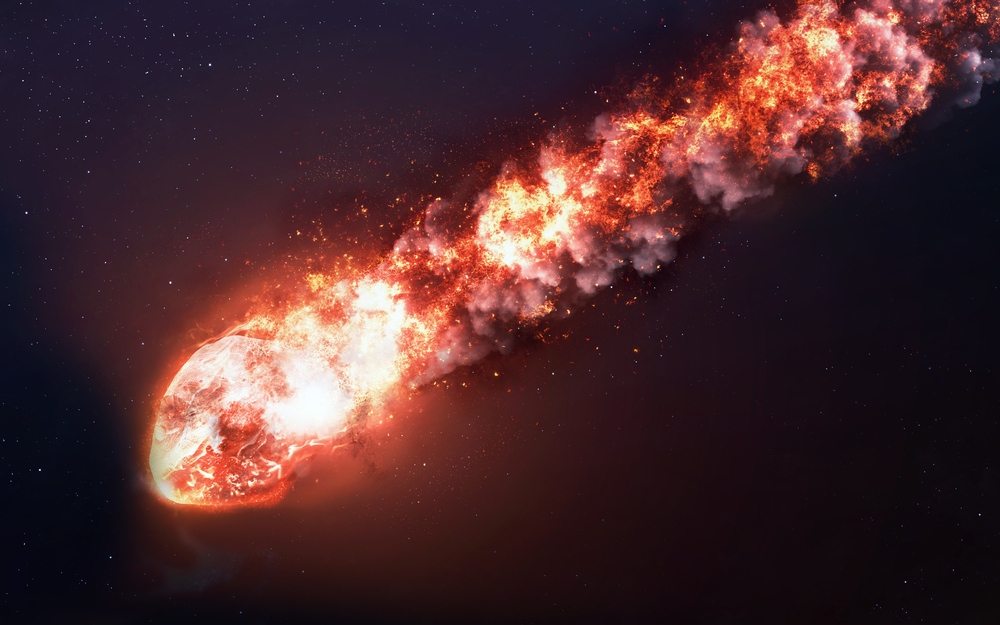
A huge asteroid wiped out the dinosaurs, but what danger do smaller ones pose?
A small asteroid passed relatively close to Earth this month, having been discovered just six days earlier. This might sound scary, but it’s unusual that such an object would actually collide with the Earth. Each year about 50,000 tonnes of extraterrestrial material (rocks and dust) hits our planet. This comes as tiny pieces – even […]
Read more about A huge asteroid wiped out the dinosaurs, but what danger do smaller ones pose?
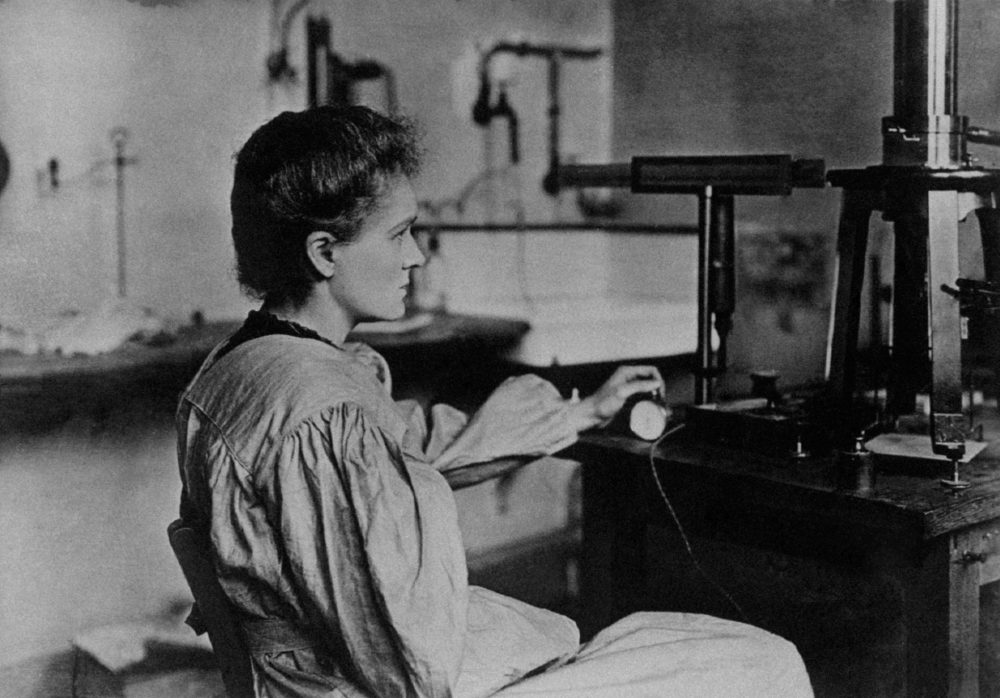
Is Marie Skłodowska Curie still a good role model for female scientists at 150?
Sometimes I’m glad I’m old(ish) and have made it up the career ladder. I can’t imagine what it must be like to be a young woman trying to become established today. Not only are they likely to be saddled with a large debt from university tuition, they must also contend with discrimination and harassment, no […]
Read more about Is Marie Skłodowska Curie still a good role model for female scientists at 150?
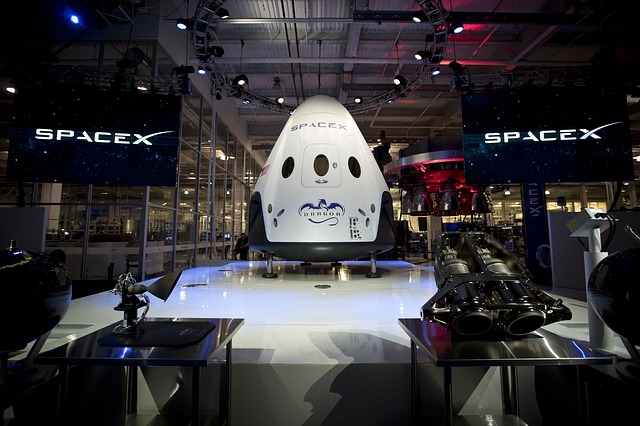
Private companies are launching a new space race – here’s what to expect
The space race between the USA and Russia started with a beep from the Sputnik satellite exactly 60 years ago (October 4, 1957) and ended with a handshake in space just 18 years later. The handshake was the start of many decades of international collaboration in space. But over the past decade there has been […]
Read more about Private companies are launching a new space race – here’s what to expect
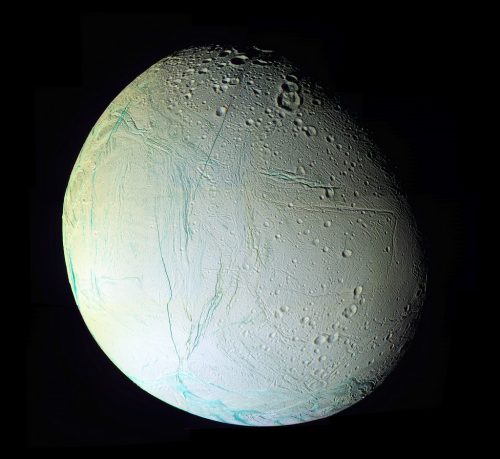
Cassini crashes: it’s time for a new mission to explore the possibility of life on Saturn’s moons
NASA’s Cassini mission has made its “death plunge” into the swirling clouds of Saturn after 20 years of exploring the planet and its moons. It’s been amazingly successful, making headlines with groundbreaking discoveries throughout its journey. But today the headlines are more like obituary notices, looking back at the mission’s spectacular achievements. Cassini discovered new […]
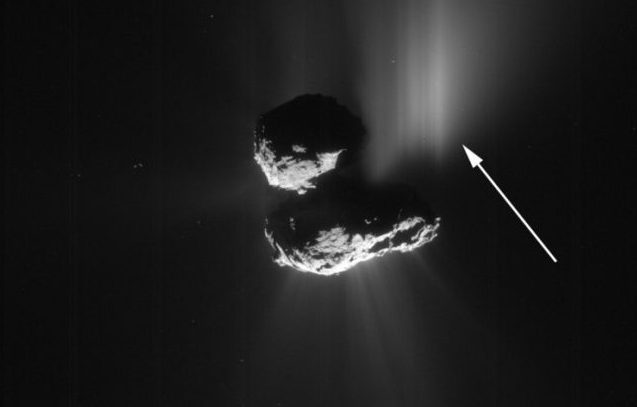
Crumbling comet? The great debate about whether Rosetta rock 67P is breaking apart
It is almost six months since the Rosetta spacecraft completed its operations in a controlled dive onto the surface of comet 67P/Churyumov-Gerasimanko. The landing, after which Rosetta could no longer communicate with Earth, may have marked the end of data collection from the comet – but not the end of news about 67P. The archive […]
Read more about Crumbling comet? The great debate about whether Rosetta rock 67P is breaking apart
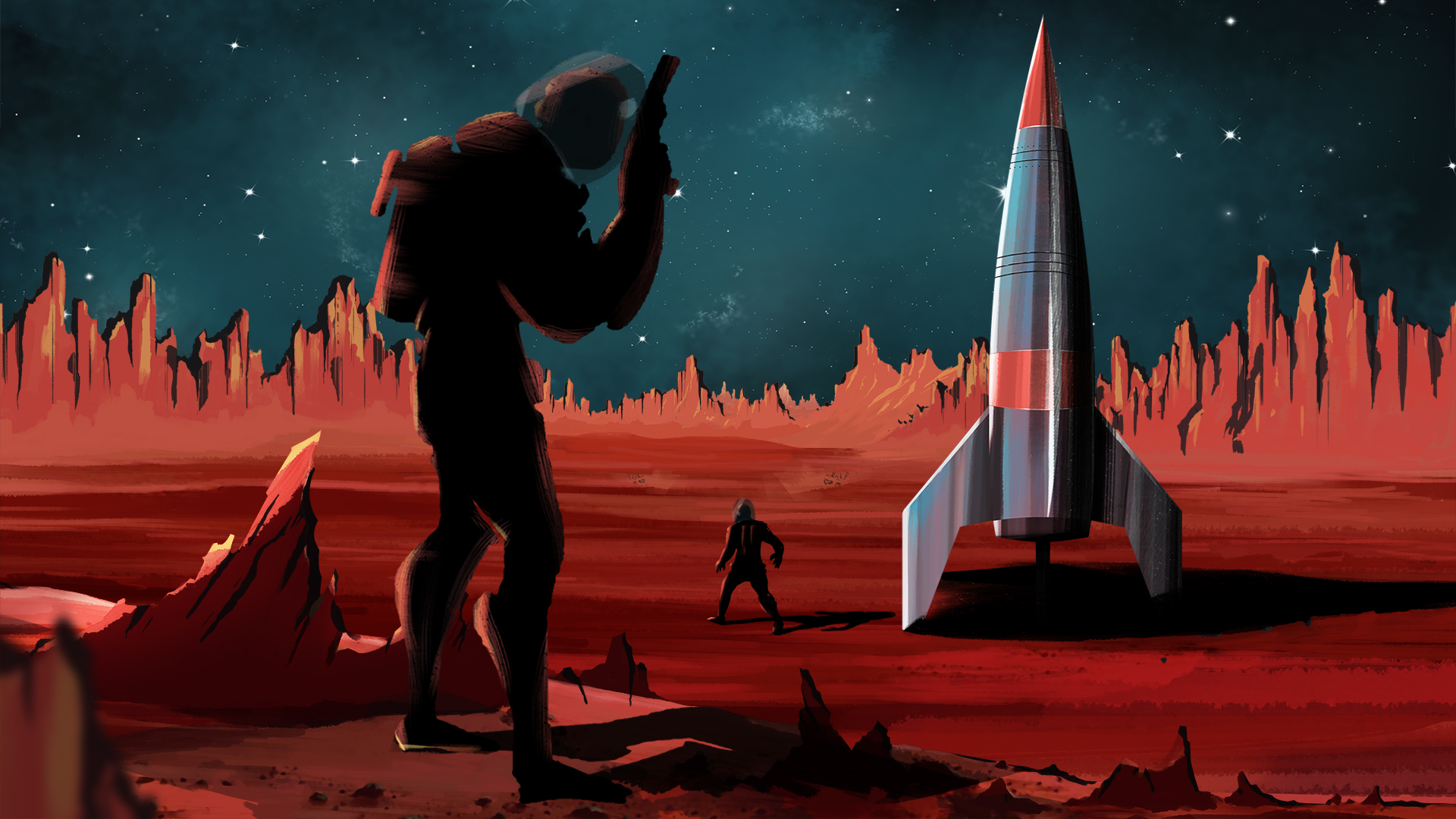
OU academic hunts for Martians with BBC Radio 4
As part of a special week of Mars programmes on BBC Radio 4, Professor of Planetary and Space Sciences, Monica Grady, presents a 30 minute special programme about the search for life on the Red Planet on Monday 6 March 2017, 21:00. In Hunting the Martians, Professor Grady explores the balance of evidence for Mars […]
Read more about OU academic hunts for Martians with BBC Radio 4

Organic molecules found on giant asteroid Ceres – why that’s such a huge deal
Sometimes, I think scientists are just that little bit too modest. A new paper in Science has a humdinger of a title: “Localized aliphatic organic material on the surface of Ceres”. It doesn’t exactly trip off the tongue and may not even seem that important. But what the researchers have discovered is a huge deal. […]
Read more about Organic molecules found on giant asteroid Ceres – why that’s such a huge deal
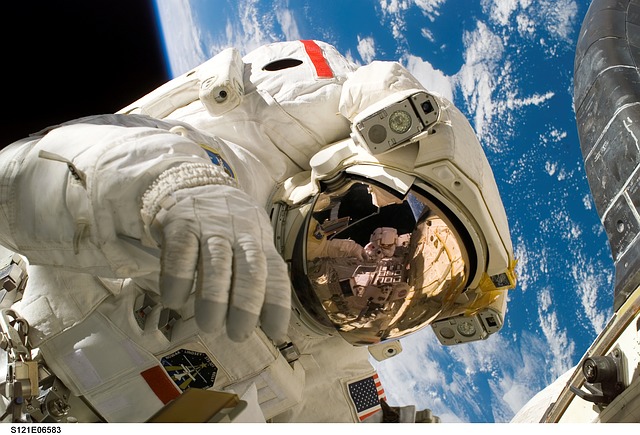
Q&A: Astronaut Ron Garan – space travel for all will make the Earth a better place
Professor Monica Grady explains why she thinks space travel will make earth a better place to live. There is a small but growing set of people who have had the opportunity to see the Earth as a planet, and view its changing seasons and weather patterns from above. Astronauts are a rare breed: men, and, […]
Read more about Q&A: Astronaut Ron Garan – space travel for all will make the Earth a better place
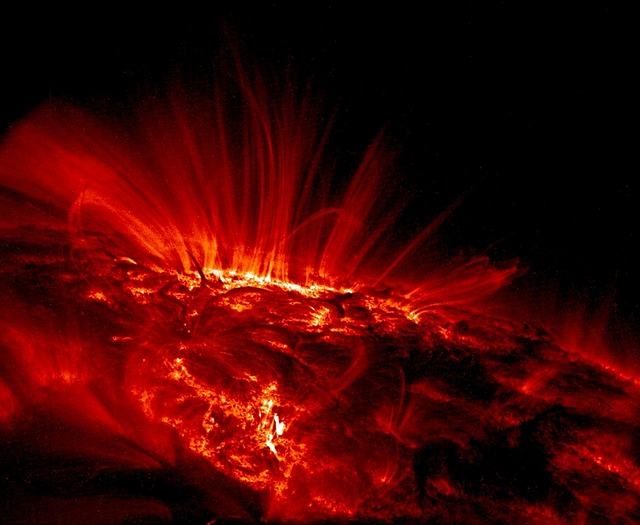
Solar storms could solve longstanding paradox of how life on Earth arose
It was only a matter of 700 million years or so after Earth formed and its surface cooled and solidified that life began to flourish on Earth. All studies suggest that life requires water – and we know from rocks on Earth that the climate in this distant past was sufficiently warm for liquid water […]
Read more about Solar storms could solve longstanding paradox of how life on Earth arose
Page 2 of 3